Published: April 28, 2022 | Last Updated on: April 28, 2022 | by Hema
Your postnatal diet is crucial – both for you and your baby! Here is the ultimate guide to the foods you should and shouldn’t be eating after delivery.
Jump To hide Why is your Postnatal Diet important? 1. Breast Milk Production 2. Hormone Regulation 3. Recovery 4. Mental Health 5. Weight Loss What You Need To Know About Postnatal Diet Focus on including the right nutrients Make hydration a priority Make your calories count Consider taking supplements Take it easy with weight loss Consider specific health conditions Avoid certain foods 15 Super Foods to Eat After Delivery 1. Eggs 2. Fatty Fish 3. Lean Meat 4. Oats 5. Dairy Products 6. Leafy Greens 7. Nuts 8. Seeds 9. Fenugreek 10. Legumes 11. Citrus Fruits 12. Avocados 13. Orange and Red Root Vegetables 14. Spices 15. Mushrooms Buy Healthy Nutritious Baby, Toddler food made by our own Doctor Mom !As soon as you announce that you’re pregnant, you get lots of advice on what to eat during pregnancy and what to avoid – after all, you’re growing another person inside you! You make a detailed diet plan, follow it strictly and finally, after a wait of nine months, you hold your precious bundle in your arms!
Yes, it’s been a long nine months, and your body has gone through a lot, whether you delivered your baby vaginally or via C-section. You’re feeling drained, but the next phase of the journey is only beginning – caring for your little one and feeding it your milk! Yes, your body still has lots to do, which is why your postnatal diet needs extra attention.

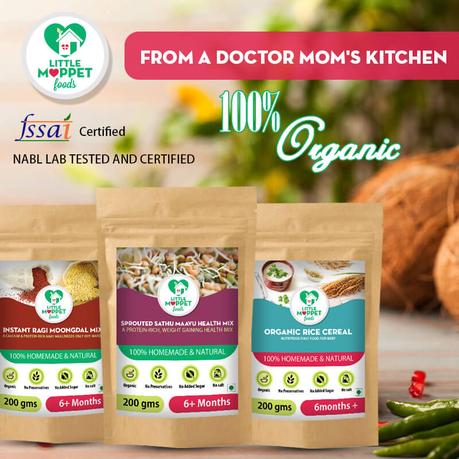
Why is your Postnatal Diet important?
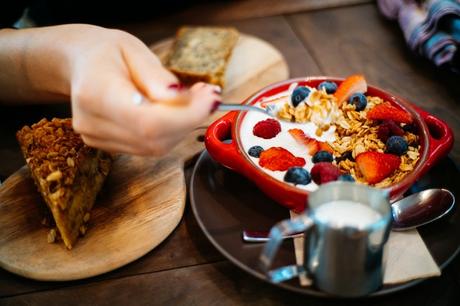
1. Breast Milk Production
This is one of the most important functions your body has after childbirth – in fact, it has already begun working on this in the last trimester of pregnancy. Breast milk is made of fat, protein and lactose, all of which it takes from the mother’s body. If your nutrient sources are low, you’ll end up being depleted as your body directs all your resources towards producing milk for your baby.
2. Hormone Regulation
If you thought pregnancy was a rollercoaster of hormones and emotions, wait till you hit the postpartum stage! Estrogen and progesterone start decreasing almost as soon as the baby is delivered. Oxytocin peaks right after birth, slowly reducing in the following days. Prolactin increases so that the body gets the message to produce more breast milk. Estrogen also affects how easily you can lose weight.
As you can see, there are many hormones in play, and it crucial that they all work in sync so that the body’s systems are in balance. For this, the right nutrients are essential, in the right amount. It also works the other way round – your diet can also affect how ghrelin and leptin – the hunger and satiety hormones – work in your body.
3. Recovery
Your body has been through a lot, and it now needs the right kind of fuel to recover. Growing a baby has likely reduced your own store of nutrients like calcium, which needs to be replenished. You also lose iron via bleeding, which can cause anemia resulting in fatigue and headaches.
You also need nutrients that promote healing of scars and tears, as well as support to shrink your uterus and slowly bring your body back to balance. Many new Moms feel tired soon after delivery, which means that your diet should also be able to provide you with the energy required to care for a newborn.
4. Mental Health
Postpartum depression is quite common among new Moms, and a lot of is this has to do with hormones and neurotransmitters. For instance, serotonin, an important neurotransmitter, works to keep you upbeat, but you need to eat the right kinds of foods like carbohydrates, that increase the secretion of serotonin. This is why low-carb diets are not recommended during the postpartum stage. In fact, there are several studies which show a direct relation between incomplete nutrition and postpartum depression.
5. Weight Loss
You don’t have to eat for two now, but what you eat at this stage can decide how successful your weight loss efforts are. Since you need to be careful about not missing out on important nutrients, your diet plays a very important role in helping you get rid of the baby weight.
What You Need To Know About Postnatal Diet
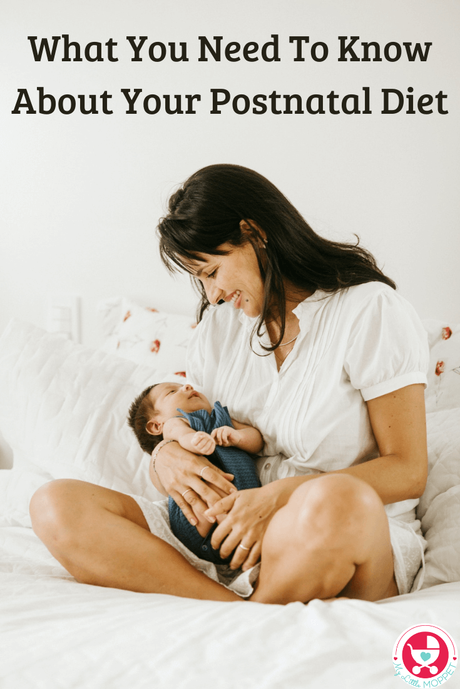
Focus on including the right nutrients
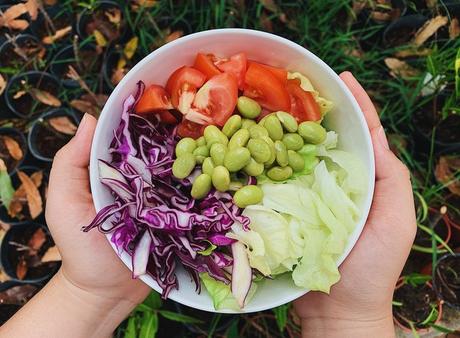
While all nutrients are important, there are certain nutrients you need to focus on particularly when planning your postnatal diet.
Carbohydrates – Go for the complex variety, so you get all the goodness form it. Carbohydrates are essential for all body systems, and also help keep your mood elevated by increasing the production of happy hormones.
Protein – Protein is essential for helping your body recover from the rigors of childbirth as well as for encouraging the production of breast milk. It also increases satiety, preventing overeating. Protein, when coupled with carbohydrates, prevents sudden blood sugar spikes, protecting your pancreas.
Fiber – Many new Moms are scared of bowel movements, particularly if they’ve had a vaginal delivery with an episiotomy. Having enough fiber is key here, to add bulk to waste and help move things through the intestines for smoother elimination.
Calcium – Most new Moms are lacking in Calcium, which can cause trouble, since the body’s calcium requirement increases during lactation. If you don’t eat enough calcium-rich foods, your body will draw calcium from your bones, leaving you weak.
Iron – Indian women are generally lacking in iron, and new Moms even more so. You lose a lot of blood immediately following childbirth, which is why your postnatal diet should include enough of iron-rich foods that guarantee at least 9 mg of iron a day.
Iodine – Lactating women need double the amount of iodine that non-lactating women need, since iodine is crucial for the baby’s development. Women who used to smoke may find that they are lower in iodine than non-smokers.
Choline – Choline is a nutrient that’s important in pregnancy as well as during lactation since it is essential for the development of baby’s brain and nervous system. Women who didn’t consume folic acid are likely to be deficient in choline.
Omega-3 fatty acids – Fatty acids, particularly eicosapentaenoic acid (EPA) and docosahexaenoic acid (DHA) are crucial for the newborn baby’s brain development. DHA also improves the new Mom’s mental health, lowering the risk of postpartum depression.
Vitamin D – New Moms pass on Vitamin D through their breast milk, so if the mother is deficient, it’s quite likely the baby will be too. Insufficient Vitamin D can also lower mood and increase depression symptoms.
The best way to ensure you have a balanced meal is to include protein and vegetables at every meal, including other nutrient-rich foods in meals and snacks. It’s a good idea to start the day with a combination of fiber and protein to ease the elimination process and improve satiety.
Make hydration a priority

87% of breast milk is water, which means you need to consume quite a bit of water to ensure you have enough for your body and for your baby’s milk! You can let your thirst be your cue for drinking water, but experts recommend about 3 liters of water a day for Moms who are breastfeeding exclusively. You can also look at the color of your urine to see if you’re dehydrated.
Water isn’t just important for milk production, it also helps fiber in making your bowel movements smoother, particularly in the early days following delivery. Besides drinking plain water, you can also get your hydration from fruits and vegetables that are rich in water, like cucumbers and watermelons.
Make your calories count

Your body has a lot of work to do in the months following childbirth, for which it needs extra energy from more calories. Generally speaking, a new Mom needs 1,800-2,200 calories a day just for recovery, and an additional 500-600 calories if breastfeeding.
As you can guess, it’s not at all hard to increase your calories, but if you’re not careful it can lead to being overweight without getting adequate nutrition. Instead of counting your calories, make your calories count – ensure that you’re not consuming empty calories from unhealthy snacks and processed foods, and are instead getting quality nutrition from whole foods.
Consider taking supplements
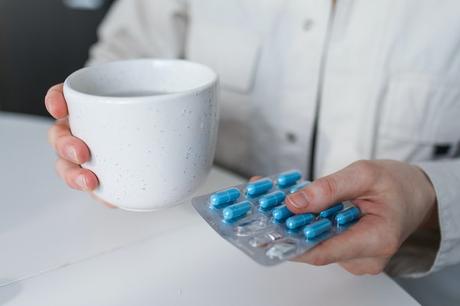
Soon after delivery, most doctors suggest continuing with prenatal vitamins along with a healthy postnatal diet. These usually help make up for any deficiencies in the diet and also help the body’s hormones get back in balance. Even women who aren’t breastfeeding may find that taking supplements helps their body recover better.
If you delivered twins, are taking medication for a medical condition or have some digestive issue, your doctor may prescribe another vitamin to help deal with these, or may change the dosage of your prenatal vitamin to meet your current needs. You may need to take the supplements for up to a year post delivery.
Take it easy with weight loss
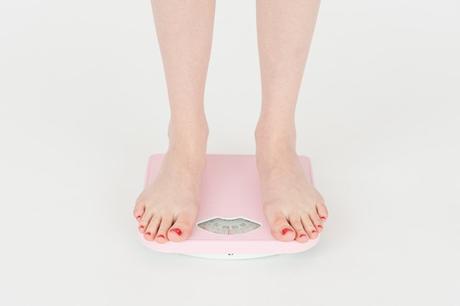
Many Moms put too much stress on themselves to lose the baby weight as soon as they can – don’t! Your body has been through a lot and has changed – not just in weight but in shape too. Give your body enough time to first recover before thinking about losing weight. Drastic dieting can affect your milk supply and make you fatigued and miserable.
However, it is possible to lose weight while breastfeeding, and a loss of 2 kg per month seems to be a healthy weight loss during this stage. Most women find that it is hard to lose weight in the first three months after delivery as the body takes time to adjust to the new routine. Some women find that breastfeeding helps lose weight faster while others notice increased weight gain on their legs and hips. This is normal since these fat stores help produce more breast milk for the baby.
Consider specific health conditions
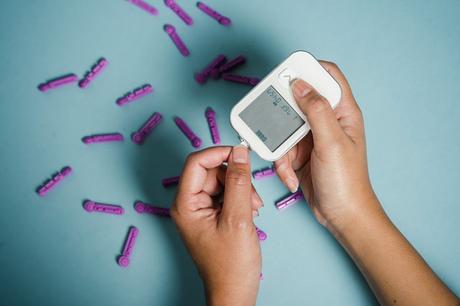
All the guidelines listed above are assuming that you are a normal, healthy women with no existing medical conditions. On the other hand, if you do suffer from a chronic condition, your postnatal diet will change accordingly. For instance, if you’re diabetic, you may have to be more careful about your consumption of carbohydrates or starchy foods.
If you’re breastfeeding more than one child or if you are underweight, you many need to consume more calories than the average woman. The same goes if you’re a very active individual who burns several calories a day. Another thing to consider is allergies – your baby could be allergic to something in your breast milk, and you may need to cut it out of your diet completely.
Avoid certain foods

While you are considering what foods to include in your postpartum diet, you should also pay attention to some foods that can be harmful for you and your baby. At the top of the list is alcohol, which can pass through breast milk. It is best to abstain completely as long as you’re nursing, but if you do have a glass, experts recommend waiting for at least four hours for the alcohol to pass through your system completely.
Caffeine is another drink that can hurt not just your sleep but baby’s too – and we don’t want that! It can also cause baby to get irritable, and even a small amount of caffeine can disrupt the system. If you do need to have your morning cuppa, stick to less than 300 mg a day.
Another food to stay away from is fish that is high in mercury, like swordfish, tilefish and shark. Mercury is toxic for your baby, and can cause all kinds of damage. Some kinds of tuna may also contain mercury, so choose the lighter versions to be safe. Along with these, be sure to avoid all kinds of processed and packaged foods that are usually high in salt, excess sugar and saturated fat. If you’re wondering what foods to include in your postnatal diet, check out our list below.
15 Super Foods to Eat After Delivery
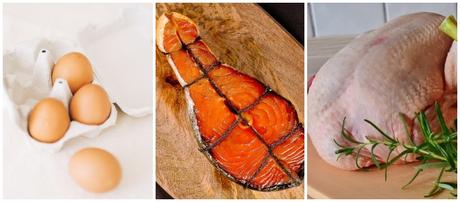
1. Eggs
Eggs are a must have in the postnatal diet, since they are a complete package of nutrients. They contain protein that is almost complete, and crucial for recovery. Eggs are also rich in choline, Vitamin D, folate, iodine, selenium and omega-3 fatty acids. Moms who consume eggs during breastfeeding are less likely to have babies with allergies to egg.
2. Fatty Fish
Yes, you need to stay away from high-mercury fish, but fatty fish like salmon can actually be good for you. Fatty fish are packed with protein and healthy fats like DHA that go into baby’s brain development. Breast milk naturally contains DHA, but the level increases if the new Mom consumes more DHA in her diet.
3. Lean Meat
Lean meat like chicken is a great way to get protein, especially since it is a higher quality of protein. Chicken also contains Vitamin B12, which keeps energy levels high. Lean red meat is a great way to get iron, which is also more bio-available, meaning it is more readily absorbed by the body.
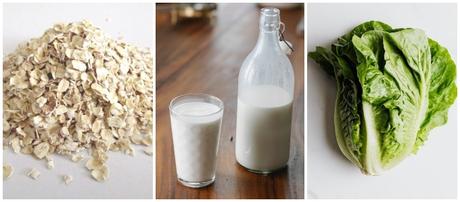
4. Oats
Carbohydrates are an integral part of any postnatal diet, and it is important to consume complex carbohydrates in the form of whole grains like brown rice and oats. Oats is also known to be a galactagogue, which is a food that boosts the production of breast milk. Oats is also rich in iron, calcium and has loads of dietary fiber for easy digestion and smooth elimination.
5. Dairy Products
Another excellent source of protein is dairy, and there are many ways to consume it. You can have it as milk, yogurt or cheese, and they are equally effective. Dairy is also rich in Vitamin D, B Vitamins and one of the most crucial trace minerals for new Moms – calcium. Consuming sufficient dairy ensures that not only does your baby get enough calcium, but that your bones and muscles stay strong as well.
6. Leafy Greens
If you want your child to enjoy leafy greens when he’s older, it’s a good idea to eat them now! Studies show that babies of Moms who consumed green leafy veggies while breastfeeding grew up to enjoy these foods later. Leafy greens are also packed with iron, Vitamin A, Vitamin C and phytoestrogens, which can boost breast milk production. Leafy greens include spinach, kale, chard and even moringa leaves.
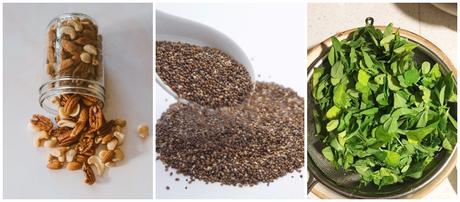
7. Nuts
Nuts are a great way for busy new Moms to get their nutrients since they’re easy to eat and pack a lot of nutrition. Nuts like almonds and walnuts are rich in protein, healthy fats, iron, zinc, Vitamin K and B Vitamins. They are also included in many traditional dishes prepared for new Moms, since they are believed to increase milk production.
8. Seeds
Like nuts, seeds are also little powerhouses of nutrients that are perfect in a postnatal diet plan. Chia seeds and flax seeds are packed with fiber, protein and healthy fats. Sesame seeds are rich in calcium, iron, magnesium and copper – all trace minerals important for a new Mom and her baby. Pumpkin seeds are packed with iron, making them great to prevent anemia.
9. Fenugreek
All parts of the fenugreek plant are ideal for postpartum women, and they’ve been used for centuries as a natural galactagogue. Fenugreek seeds, sprouts and leaves can both be used in various ways. They provide several nutrients, increase energy and boost milk production.
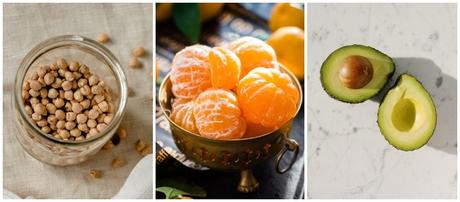
10. Legumes
If you are a vegetarian or vegan, your best bet for plant-based protein is legumes and pulses. Kidney beans, chickpeas and black beans are all great for providing valuable protein along with iron. They’re also very filling and rich in dietary fiber that adds bulk to stools and help push them along. They contain phytoestrogens that make them a good galactagogue as well.
11. Citrus Fruits
Citrus fruits are perfect for – you guessed it – boosting immunity! Lactating women need more Vitamin C than other women, even more than pregnant women. Vitamin C also increases the absorption of iron, making it a great addition to any postnatal diet.
12. Avocados
Avocados are a great way for new Moms to get all their nutrient requirements in one go. These buttery fruits are rich in healthy fats, Vitamins B, C, E and K as well as folate and potassium. The healthy fats are essential for baby’s brain development as well as for the new mother’s overall wellbeing.
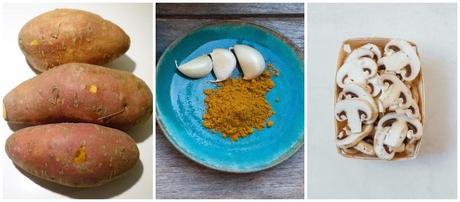
13. Orange and Red Root Vegetables
Root vegetables have their benefits, but orange and red colored ones are particularly helpful in a postnatal diet since they have an important nutrient – Vitamin A. These include carrots, yams and sweet potatoes, which have been used for generations in Chinese medicine as lactogenic foods. They also provide high energy levels and improve baby’s vision and immunity.
14. Spices
It may seem like spices are insignificant, but they aren’t – at least, not in a postnatal diet. Garlic and turmeric have been used for centuries to boost immunity, hasten healing and fight inflammation. This makes it a great choice for postpartum women, also because they may boost breast milk supply. Turmeric has also been shown to prevent and treat issues like mastitis and breast engorgement.
15. Mushrooms
Mushrooms are rich in beta-glucan, a polysaccharide that is considered a lactogenic agent that promotes increase breast milk production. Studies show that when postpartum women consume mushrooms along with other galactagogues, it creates a significant increase in breast milk production.

Along with these changes to your postnatal diet, be sure to include some form of activity as soon as your doctor gives you the green signal to do so. Start with walking, yoga or light weights. Small consistent efforts will make you feel more energized and contribute to progress.
Don’t forget to get lots of rest – your sleep should be given more priority over household chores. Sleep whenever you can – every little bit helps. Accept help from friends and family members, even if things don’t get done exactly how you want them. That is not important at this time.
You may feel like you need to get back to your pre-pregnancy routine as soon as possible, but don’t stress about that. The first few months are actually your baby’s fourth trimester, and is a time for both of you to take time to adjust to your new circumstances and to each other. Take it easy and slowly and surely, you’ll find yourself regaining your old energy.
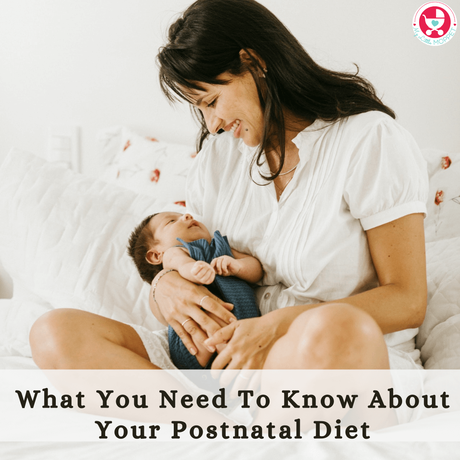
Buy Healthy Nutritious Baby, Toddler food made by our own Doctor Mom !
Shop now!You may also like
- Rainbow Hospital - The Best Medical Care for Mothers and…
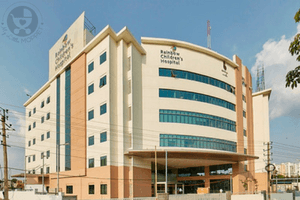
- Home Remedies for Post Pregnancy Hair Fall

- Pregnancy and New Mom Care by Himalaya Baby Care

- Nutrition Tips For Better Eye Health
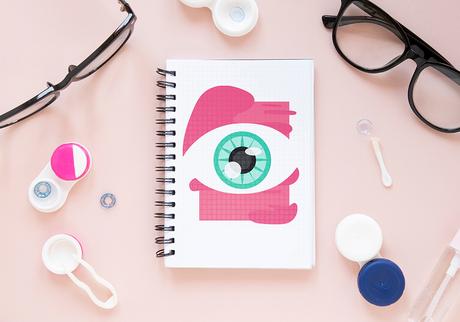
- Best diet advice for breastfeeding moms and moms to be!
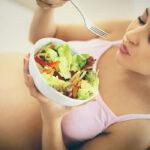
- 10 Foods to Avoid while Breastfeeding
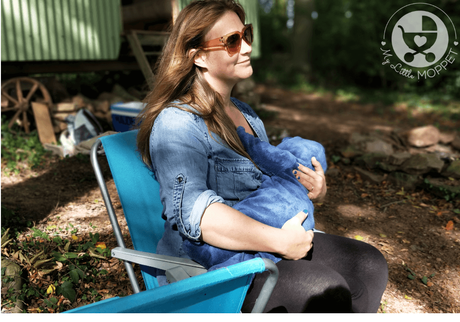
Filed Under: Lactation, Moms Tagged With: 5 Ways to Take Care of Your Post-Partum Body, Breastfeeding diet, How to Take Care of Your Post-Partum Body, Post-Partum Body care, Post-Partum care tips for moms, Post-Partum self care tips, postnatal care, postnatal diet, simple post partum care
